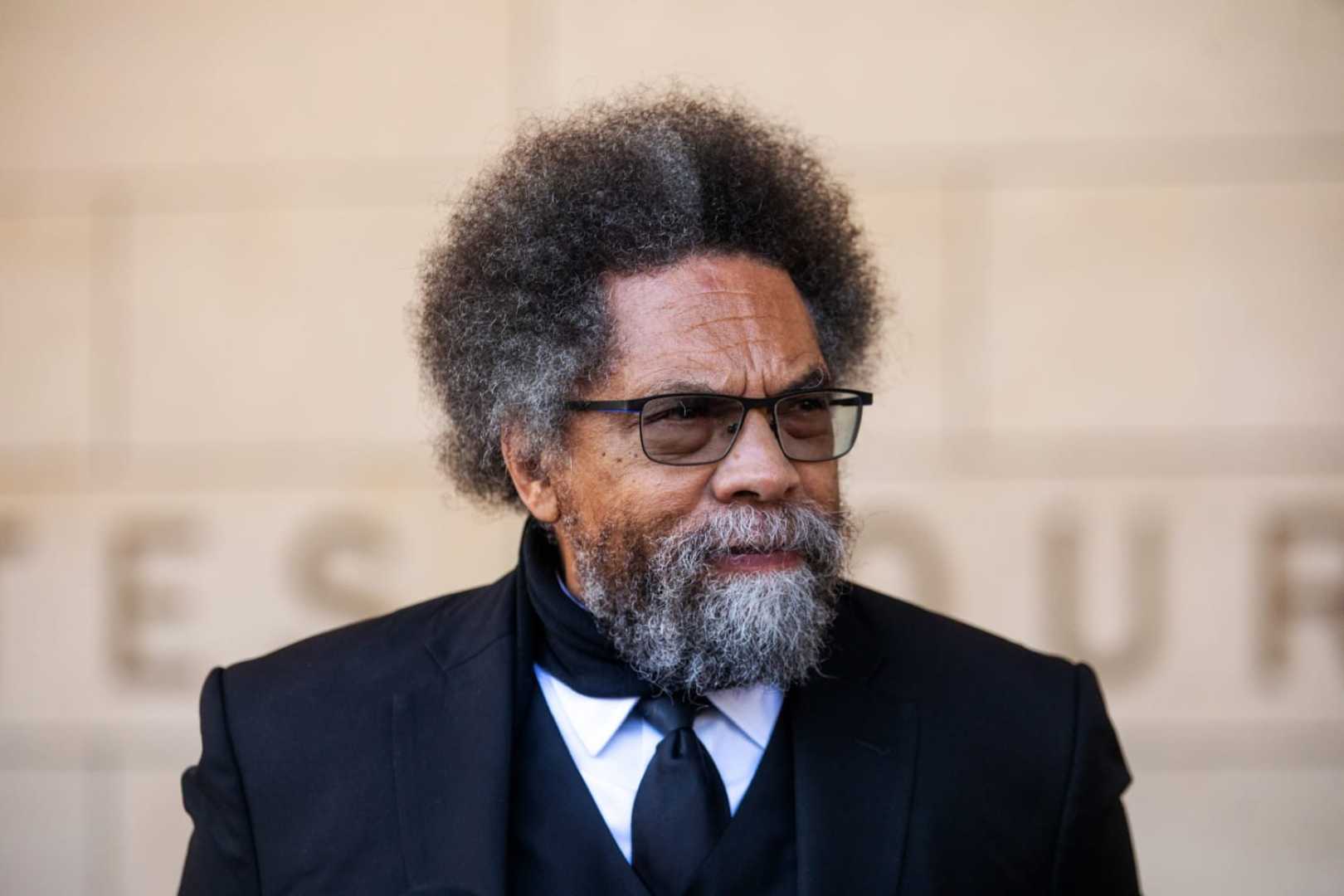Politics
Cornel West’s Party Files Lawsuit to Challenge North Carolina Election Rules

RALEIGH, North Carolina – The Justice for All Party (JFA) in North Carolina lost its ballot access after presidential candidate Cornel West failed to secure 2% of the vote in the 2024 election. However, the party’s legal team is determined to continue their fight against new state election rules.
On Friday, JFA’s lawyers filed a motion to amend their federal lawsuit, which originally helped the party gain a court injunction to be included on the state’s 2024 ballot. The North Carolina State Board of Elections previously argued that JFA’s legal claims are now moot due to their loss of ballot access.
The recent court filings maintain that JFA is challenging extensive new rules affecting political parties that took effect on July 1, following the election. “JFA seeks leave to amend its pleading for the limited purpose of asserting claims that could not have been included in its original Complaint because they arose after JFA filed it,” the lawyers stated.
The new rules require political parties to demonstrate compliance with the purpose and intent of state law and determine how valid nomination petitions are assessed. They also govern how individuals may remove their signatures from a party’s nomination submissions.
The party’s legal representatives argue that the rules infringe upon First Amendment rights. “These rules vest the Board with unbounded discretion to enforce a content-based prior restraint on new political parties like JFA,” the attorneys wrote.
In their complaint, they specifically reference NC Gen. Stat. § 163-96(b) and several Board rules that impose stringent requirements on new political parties. “The rules are facially unconstitutional,” the lawyers argue, as they present no clear standards for evaluating a party’s speech and intentions.
The JFA claims that this scheme unduly burdens their free speech rights. They emphatically stated that North Carolina’s election officials denied JFA certification partly because they found the party’s communication to potential supporters lacking.
Past remarks from the Board’s leadership indicated significant skepticism toward JFA. Former Board Chairman Alan Hirsch noted that a substantial proportion of JFA’s petition signatures were “highly questionable,” while board member Siobhan Millen suggested the party was a “faux party” aimed at exploiting more lenient ballot access rules.
The lawyers emphasized that the First Amendment prohibits officials from denying certification based on disagreement with a new party’s message or perceived motivations. The amended complaint also addresses how some rules allow petition signers to withdraw their signatures even after deadlines, arguing this could destabilize a party’s certification.
“Ample evidence demonstrates that adversaries of new parties have engaged in efforts to harass and coerce petition signers into requesting removal of their signatures,” stated JFA’s attorneys.












